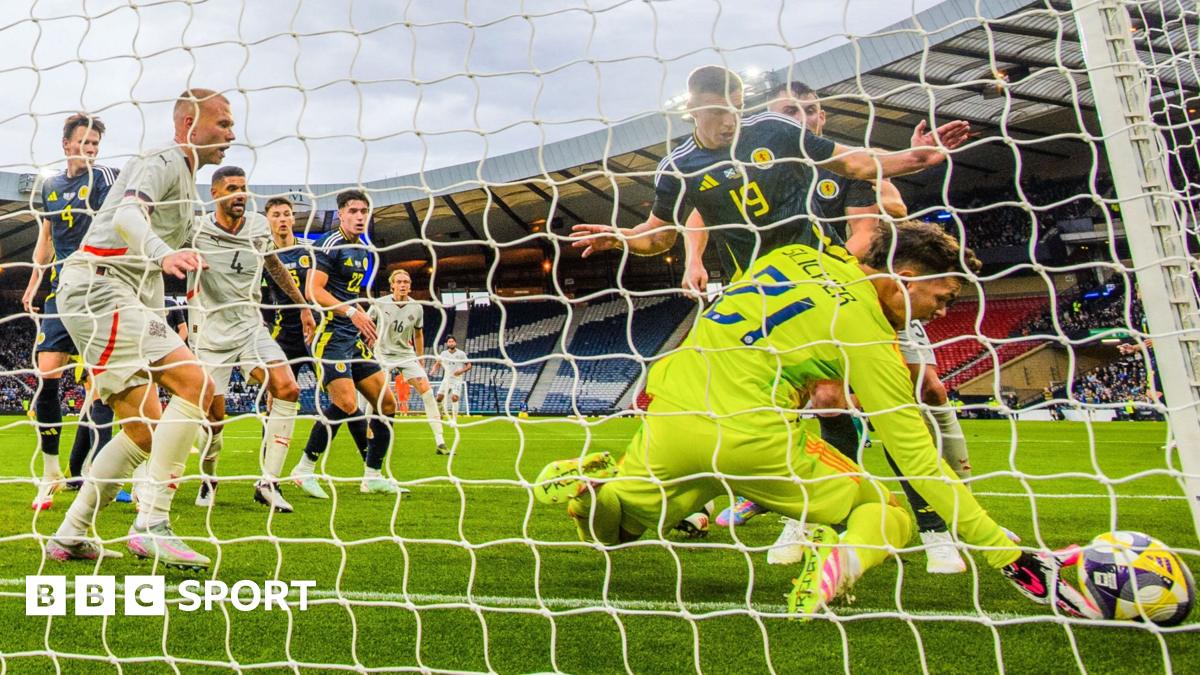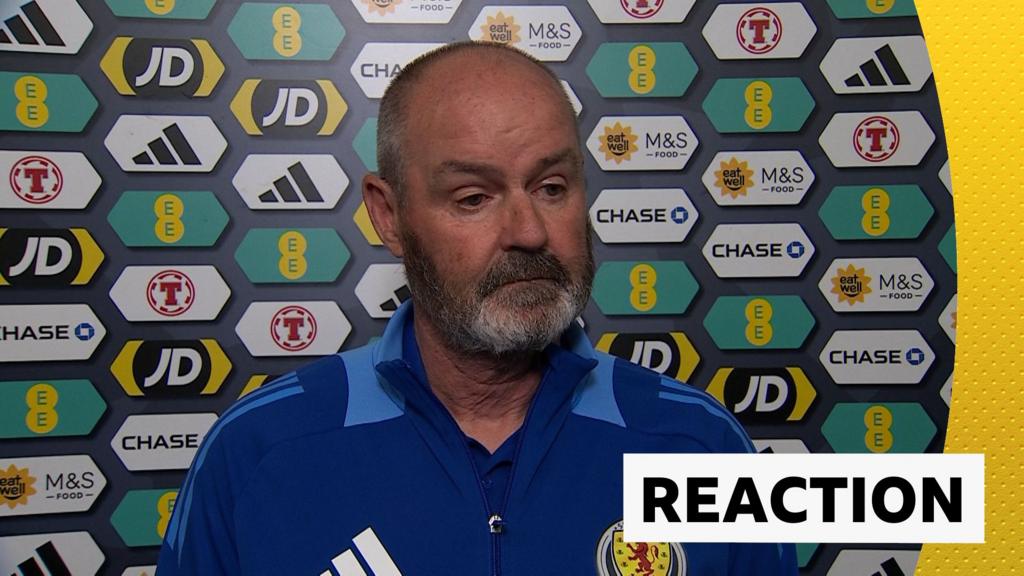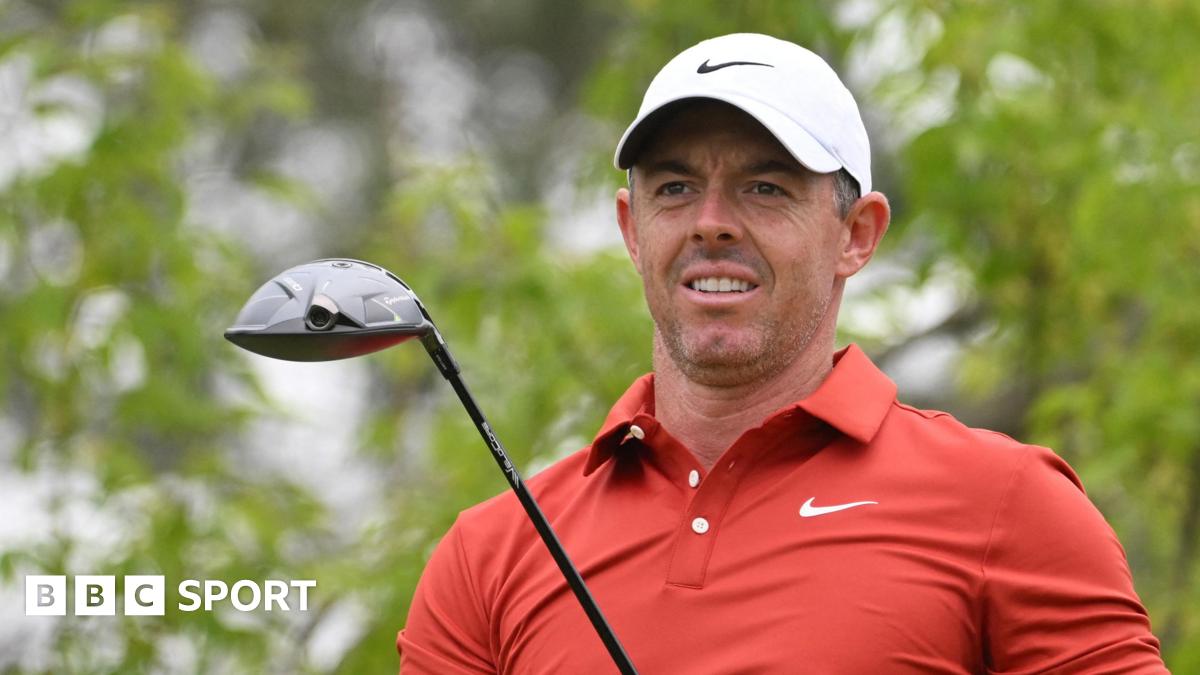ARTICLE AD BOX
"Managing Rangers - and Celtic must be the same - is the hardest job in British football."
As new head coach Russell Martin - the latest man tasked with trying to break Celtic's dominance of Scottish football - checks in at Ibrox, he would do well to heed the words of former Rangers boss Graeme Souness.
Managing one half of the Old Firm brings with it an enormous amount of expectation, pressure and scrutiny.
Even those accustomed with football at the highest level have been shocked by the demands of being at the helm of one of Glasgow's big two.
"I didn't really know what I was going into," Souness, the European Cup-winning former Liverpool captain who managed Rangers from April 1986 to April 1991, told BBC Scotland's Managing the Old Firm series in 2010.
"If you're top of the league and not playing very good football, the pressure's off. You can be second and have had a couple of bad refereeing decisions but you're playing the better football and the pressure all goes on.
"That can bring you down. I hadn't experienced that before. I was coming into this job believing that I could handle everything in my stride. I came up here feeling invincible. What a fool."
In a city where football is everything, escaping the spotlight is nigh-on impossible.
Many Celtic and Rangers managers of the past have elected to live outside Glasgow – Souness stayed in Edinburgh – to try to escape what is commonly referred to as the goldfish bowl of a divided city.
However, the likes of Brendan Rodgers, Philippe Clement, Ange Postecoglou and Steven Gerrard did all live in the city or its surroundings.
Whether your team is winning or losing, the punters on the street will not be slow in sharing their feedback.
"The whole west of Scotland thing, if you're not brought up in it, is mind-blowing," Gordon Strachan, who managed Celtic between 2005 and 2009, said.
"You're either one or the other and that goes through all walks of life. It's quite a claustrophobic environment to work in."
The late Walter Smith is one of the most revered figures in Rangers' history, the chief architect of the all-conquering side that swept all before them domestically in the 1990s and delivered nine consecutive league titles.
Smith carried an aura of strength and authority but even he felt the strain of a job that comes with pressure like few others.
"There are five million people in Scotland and football is the biggest thing," Smith said, speaking of a time before social media.
"Although you look at the [English] Premier League and say it's a bigger environment media-wise, it's nothing in comparison to Rangers and Celtic. It's a claustrophobic environment to work in.
"A manager is there a lot of the time to protect his players and try to make sure they don't get badly affected by the levels of criticism.
"A lot of the boys are really surprised at being put under the microscope. They can play in Scotland for a number of years and then they join the Old Firm and their performances are dissected and analysed and criticised.
"You have got to be prepared to take a fair amount of criticism."
Understanding the nature of the Old Firm rivalry is key to being a successful manager of Celtic or Rangers.
Beating the rest of the teams in the league is one thing but if you are falling behind your city rivals then it counts for little.
After a 3-0 defeat at Celtic Park in the opening derby of last season, then Rangers manager Clement said: "Don't forget what happened last week [a 6-0 win over Ross County]. It was the best result in four years for the club."
That comment was never going to cut it with the Rangers fans in the wake of a painful defeat by their biggest rivals and was one of many that suggested Clement just did not grasp that old adage – in Glasgow, second is nowhere.
Legendary Celtic manager Martin O'Neill arrived in Glasgow looking to wrestle back the league title from a dominant Rangers who had won it by a 21-point margin the previous season.
O'Neill was preparing his team for their opening match of the 2000-01 season away to Dundee United and, as he recalls in his autobiography, he was left in no doubt how results across the city would frame what was happening with his own team.
"One journalist asks a question I am not ready for, 'With Rangers winning at Ibrox yesterday, do you think, if you don't win here today at Tannadice, the league is over?'," O'Neill wrote.
"This is not said in jest but as a serious question. League over? In July? I'm slightly taken aback. Are Rangers that good and might we still be that bad?"
Of course, O'Neill would turn that situation around to deliver a domestic treble in his first season and his arrival at Parkhead 25 years ago was the catalyst for a shift in power across Glasgow from Rangers to Celtic.
Martin comes to Ibrox facing a similar challenge, to take a team that finished 17 points adrift last season and turn them into a force to be reckoned with.

 11 hours ago
2
11 hours ago
2








 English (US) ·
English (US) ·